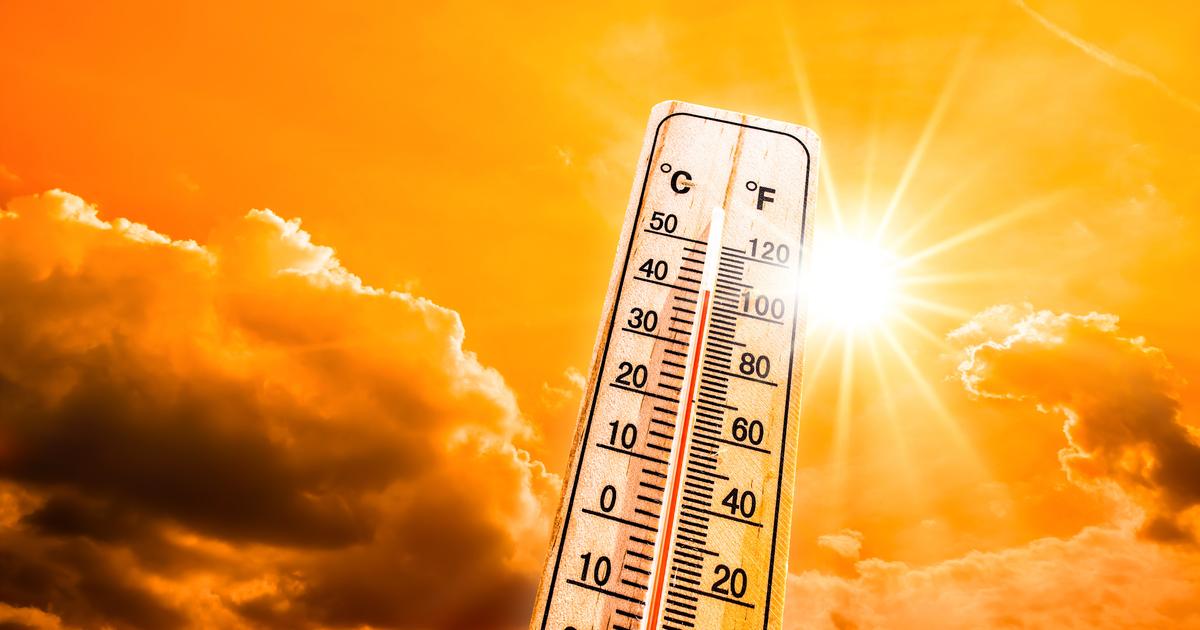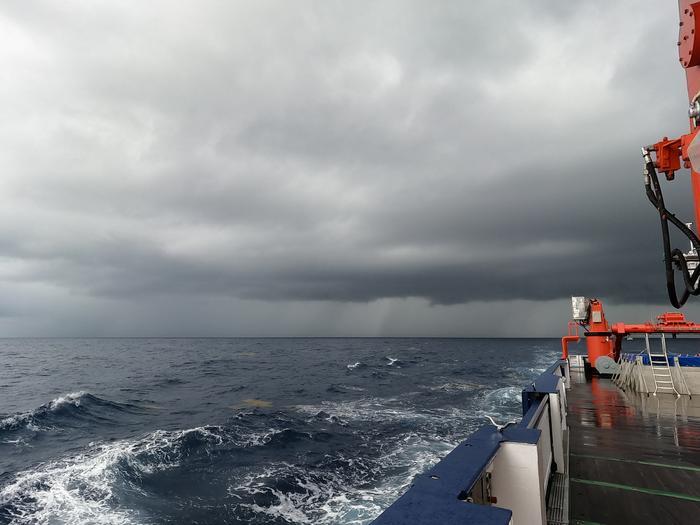The blamed bat, the stigmatized pangolin… But the man, in all this?
According to a study carried out by researchers at the University of Cambridge (United Kingdom), published in the journal "Science of the Total Environment", global warming caused by the human species could have played a role in the transmission , even to herself, of the coronavirus responsible for Covid-19.
A theory of the sprinkler watered, against the background of a pandemic.
The study focuses on the bat, a remarkable vector of coronaviruses (CoVs) since each of them, the authors of the article remind us, carries an average of 2.7 coronaviruses.
Based on temperature and rainfall data, it more precisely sheds light on the new regions in which this animal has taken up residence, which it did not frequent in the past.
READ ALSO>
Covid-19: follow our direct
The observation is clear: over the past 100 years, 40 bat species have seen the conditions favorable to their presence spread in a very specific area of Asia.
The study delineates this “global hotspot of increasing bat variety due to climate change” to a region straddling China's Yunnan Province, Burma and Laos.
A study that is too imprecise?
"This region coincides with the probable spatial origin of the ancestors of SARS-CoV-1 (Editor's note, SARS, respiratory disease that raged in the early 2000s) and of SARS-CoV-2 (Editor's note, Covid-19) transmitted by bats.
Problem: for his opponents, the study is too imprecise.
"(The researchers) show that climate change may have had an impact on species in Yunnan, but it is more than 2,000 km from Wuhan (Editor's note, the alleged cradle of the epidemic)", points out to the 'AFP Paul Valdes, professor of environmental geography at the University of Bristol.
READ ALSO>
Covid-19: WHO judges the theory of the leak of a Chinese lab to be credible
However, the exact chain of transmission of “SARS-CoV-2” remains to be determined.
In fact, few new hypotheses have emerged in nearly a year of the pandemic, to explain the emergence of the coronavirus which has changed the lives of most of the world's population.
One thing is certain: climate change and the destruction of ecosystems bring humans and animals into more frequent contact.
“These are two sides of the same coin, we penetrate deeper into their habitat and at the same time, climate change can push pathogens towards us,” commented Robert M. Beyer, the study's lead author.
"Multiple and complex" factors
Several scientists who did not participate in the study prefer to underline the many springs of the appearance of the pandemic, as many possible causes.
"The factors for the emergence of the coronavirus in humans are multiple and complex", tempers Eric d'Ortenzio, epidemiologist at the National Institute of Health and Medical Research (Inserm).
Morning essentials newsletter
A tour of the news to start the day
Subscribe to the newsletterAll newsletters
In other words, the origins of Covid-19 seem to be linked to a multiplicity of human factors, and global warming plays only a small part.
"Other factors such as the rapprochement of humans with certain animal species, the increase in the human population, the degradation of habitats through agriculture, are probably also important", illustrates Eric d'Ortenzio.
"We are far from saying that the pandemic would not have occurred without global warming, responds via AFP Robert M. Beyer to his opponents.
But it seems hard to say that this increase in the number of bats and the coronaviruses they carry makes it less likely.
"
The fact remains that the melting of ice in certain regions of the globe could, in turn, play a role in the release of new viruses.
Bats or not, global warming could in many ways affect the evolution of ecosystems and the emergence of new pathologies.
In Russia, the high speed thaw of Siberian permafrost is particularly under scrutiny.















